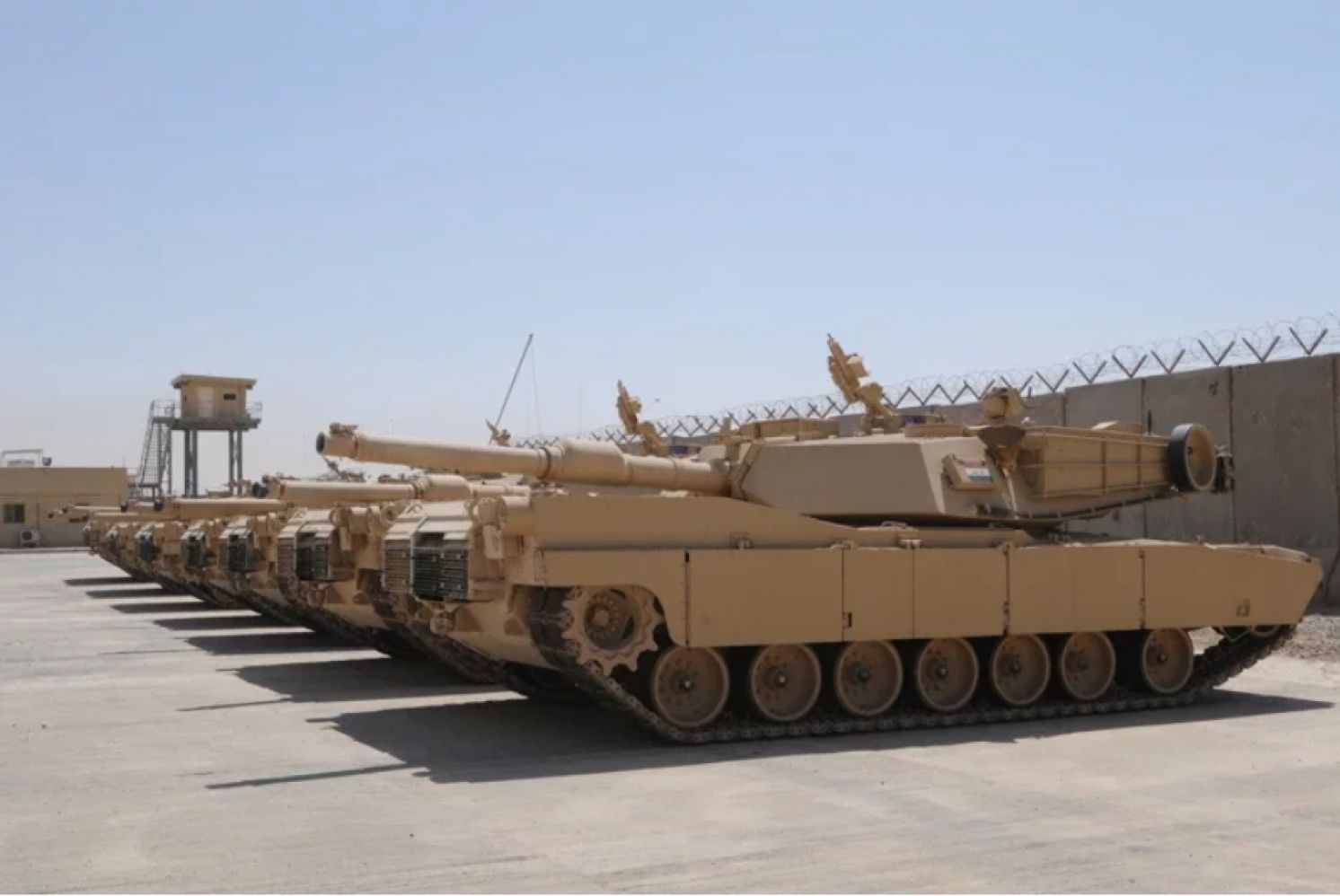
This Week in Taiwan 1122-1128
November 24: The opening ceremony for the "Haichang Plan" to produce submarines domestically was held at the Kaohsiung plant of Taiwan's ship-building CSBC Corporation. President Tsai Ing-wen presided over the ceremony and announced that domestic production of submarines has reached the building stage. A prototype submarine is expected to be handed over in 2025.
November 24: In July this year, a scandal broke out in E.SUN Commercial Bank where an account manager stole client funds amounting to NT$140 million (about US$4.9 million). The Financial Supervisory Commission fined E.SUN NT$20 million (about US$701,000) for internal audit deficiencies, breaking the highest fine record in Taiwan's banking industry. Two wealth management and personal finance managers face suspended employment for three months.
November 25: Minister of Health and Welfare Chen Shih-chung, who heads the Central Epidemic Command Center, confirmed that the government recently procured 10 million doses of coronavirus (COVID-19) vaccines and has paid the deposit. To date, the government has secured sources for about 15 million doses. Conservative estimates indicate that inoculation will occur in the middle of next year, with nine groups including medical personnel claiming priority.
November 25: Autumn rainfall from September to November this year is some 40 percent less than that during the same period last year. In other words, this is the driest autumn in Taiwan in 27 years, while minimal rainfall is expected in the winter. The Central Emergency Operation Center (CEOC) announced that irrigation will be suspended in the Chiayi and Tainan region. Approximately 19,000 hectares (about 47,000 acres) of farmland will be affected and compensated at a rate of NT$93,000 (about $3,261) or NT$82,000 (about US$2,875) per hectare.
November 26: Premier Su Tseng-chang announced that the policy of lifting import restrictions on pork containing ractopamine beginning January 1 next year will continue as planned. The government will take five safeguard measures, including inspection of the meat plants in the United States, addition of a new cargo identification number, batch-by-batch inspection, clear labeling, and strict inspection, but plant inspection will only cover those meat plants which have never imported to Taiwan. The Kuomintang (KMT) and Taiwan People's Party (TPP) stated that the government has yet to resolve public concerns and demanded that Premier Su apologize.
November 28: Under the administration of President Donald Trump, the United States has 10 times sold arms to Taiwan. American Institute in Taiwan (AIT) Director Brent Christensen stated that the United States conducts arms sales to Taiwan based upon the "Taiwan Relations Act" and "Six Assurances." In 2020, Taiwan is the largest customer of U.S. foreign arms sales, amounting to US$11.8 billion, the highest annual figure in Taiwan's history. Based on Taiwan's total population of 23.5 million, the average burden per person this year is about NT$14,500 (about US$508) for military equipment. Christensen also revealed that Congress has been notified of an additional sale of US$5.2 billion to Taiwan next year.